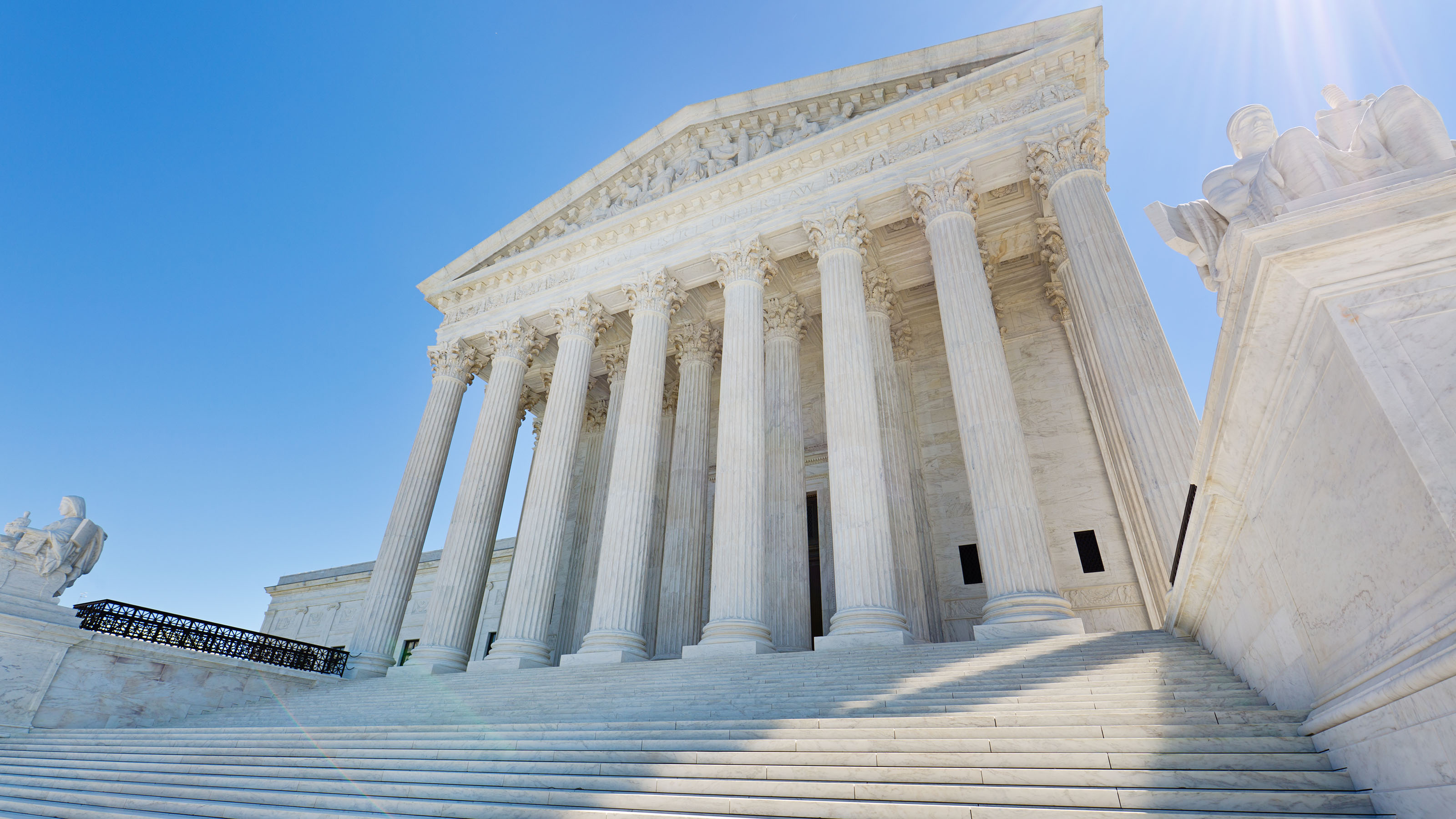
In a 114-page decision issued June 28, the United States Supreme Court overruled the Chevron doctrine, fundamentally altering the landscape of administrative law.
The 6-3 ruling came in Loper Bright Enterprises v. Raimondo and a related case, Relentless Inc. v. Department of Commerce. As Kiplinger reported, Loper Bright involved a National Marine Fisheries Service regulation requiring commercial fisheries to pay about $700 daily for an industry monitoring program. However, the effects of today's ruling extend far beyond the fishing industry.
Chief Justice John Roberts wrote for the majority, stating, “Chevron defies the command” of the Administrative Procedure Act. “Perhaps most fundamentally, Chevron’s presumption [that courts should defer to federal agencies' interpretations of ambiguous laws] is misguided because agencies have no special competence in resolving statutory ambiguities. Courts do."
Justices Thomas and Gorsuch filed concurring opinions. Justice Elena Kagan dissented joined by Justices Sotomayor and Jackson (though Jackson recused from Loper Bright).
In dissent, Justice Kagan wrote, “In one fell swoop, the majority today gives itself exclusive power over every open issue — no matter how expertise-driven or policy-laden — involving the meaning of regulatory law.”
The implications of this decision are far-reaching, to many federal agencies, including the IRS. Here’s more of what you should know.
Chevron deference overturned
The Chevron doctrine, derived from a 1984 Supreme Court case, Chevron U.S.A., Inc. v. Natural Resources Defense Council, has been a key principle in administrative law for nearly four decades.
- Chevron established that courts should defer to federal agencies' interpretations of ambiguous laws as long as those interpretations were reasonable.
- This allowed agencies to use their expertise to fill gaps and create necessary rules when Congress passed laws.
However, the Supreme Court's decision today in the fisheries cases overturns this long-standing doctrine. (Though Justice Roberts did note that the Court’s opinion today doesn’t call into question prior cases that relied on the Chevron framework.)
In previous oral arguments before the court, U.S. Solicitor General Elizabeth B. Prelogar warned that overruling Chevron would severely disrupt the legal system, a concern shared by many legal experts.
Justice Kagan, who described the majority’s decision as part of an effort to roll back federal agency authority, echoed that in her dissenting opinion, saying overruling Chevron “is likely to produce large-scale disruption.”
Chevron deference and the IRS?
The Court’s decision marks a significant shift in the balance of power between the judiciary and federal agencies. As a result, it will profoundly impact federal agencies including the IRS and the U.S. Department of the Treasury, which often interpret complex tax laws.
The loss of Chevron deference could lead to a surge in challenges to IRS authority. When Congress drafts intricate tax legislation, particularly under tight deadlines or political pressure, the IRS has traditionally provided clarity and enforced compliance through its interpretations of legislation. (Authority for that was partly grounded in the Chevron doctrine.) Now, that approach might no longer be reliable.
- Without the Chevron deference, courts might not defer as easily to the IRS’s expertise, potentially leading to more legal challenges.
- It could also lead to a longer, more intricate process for issuing new tax rules and guidance.
- That could create a sense of uncertainty for taxpayers and complicate IRS tax compliance and enforcement.
Some opponents of the Chevron doctrine have argued that this decision will rein in federal bureaucracy and reduce overregulation. In some circles, the ruling will be seen as a move towards greater accountability and control over the federal regulatory process by requiring a stricter judicial review of agency interpretations.
The Supreme Court’s decision raises broader questions. When statutes are vague, should federal agencies have the authority to fill in the gaps with rules not explicitly mentioned in the law? And if they do, what standard should courts use to evaluate these rules?
In dissent, Justice Kagan wrote the following. “Congress knows that it does not — in fact cannot — write perfectly complete regulatory statutes. It knows that those statutes will inevitably contain ambiguities that some other actor will have to resolve and gaps that some other actor will have to fill. And it would usually prefer that actors to be the responsible agency, not a court.”
However, Justice Neil Gorsuch in his concurring opinion disagreed stating, “Today, the Court places a tombstone on Chevron no one can miss. In doing so, the Court returns judges to interpretive rules that have guided federal courts since the Nation’s founding.”
Chevron Supreme Court decision: Bottom line
As the implications of this ruling become clearer, it will be important to watch how it affects federal agencies and their regulatory practices. Loper Bright could prompt a reevaluation of how agencies, like the IRS, exercise authority and interpret legislative directives from Congress. Additionally, Congress may have to provide more explicit legislative directives, and courts might play a more active role in interpreting statutes.
Those and other potential changes could impact how tax laws and related regulations affect you and your tax liabilities. Stay tuned.







